Estimated reading time: 10 minutes
If you’ve ever peered into the vibrant world of an aquarium, you’ve likely been mesmerized by the darting jewel-like tetra fish. As a pet owner, one pressing question might be on your mind: how long can I expect my shimmering companions to stay with me?
Did you know that the average lifespan of Tetra fish could stretch up to 5-8 years with proper care? That’s right – these petite swimmers have the potential for longevity that surpasses many other small freshwater species.
Our article will guide you through everything from their lifecycle stages to vital care tips that can help ensure your tetras not only survive but thrive! Ready to dive deeper? Keep reading to unlock the secrets of your tetra’s life journey.
Key Takeaways
- Tetra fish can live 5 to 8 years, and sometimes up to 10 with good care.
- Water quality, food, space, health, and friends affect how long they last.
- Keep water clean, feed them right, give them room and pick peaceful tank mates.
Understanding Tetra Fish and Their Lifespan
The Rundown on Tetra Fish
Tetra fish are colorful, active swimmers that light up any aquarium. They come in many types, like neon tetras and glow tetras. These little freshwater fish can live for several years. In fact, with the right care, some tetra species may live up to 10 years or more!
Keeping these tropical fish happy means giving them clean water and a good home. You need to feed them well and watch out for signs of sickness. If you take good care of your tetra tank; your finned friends can have a long life swimming around their watery world.
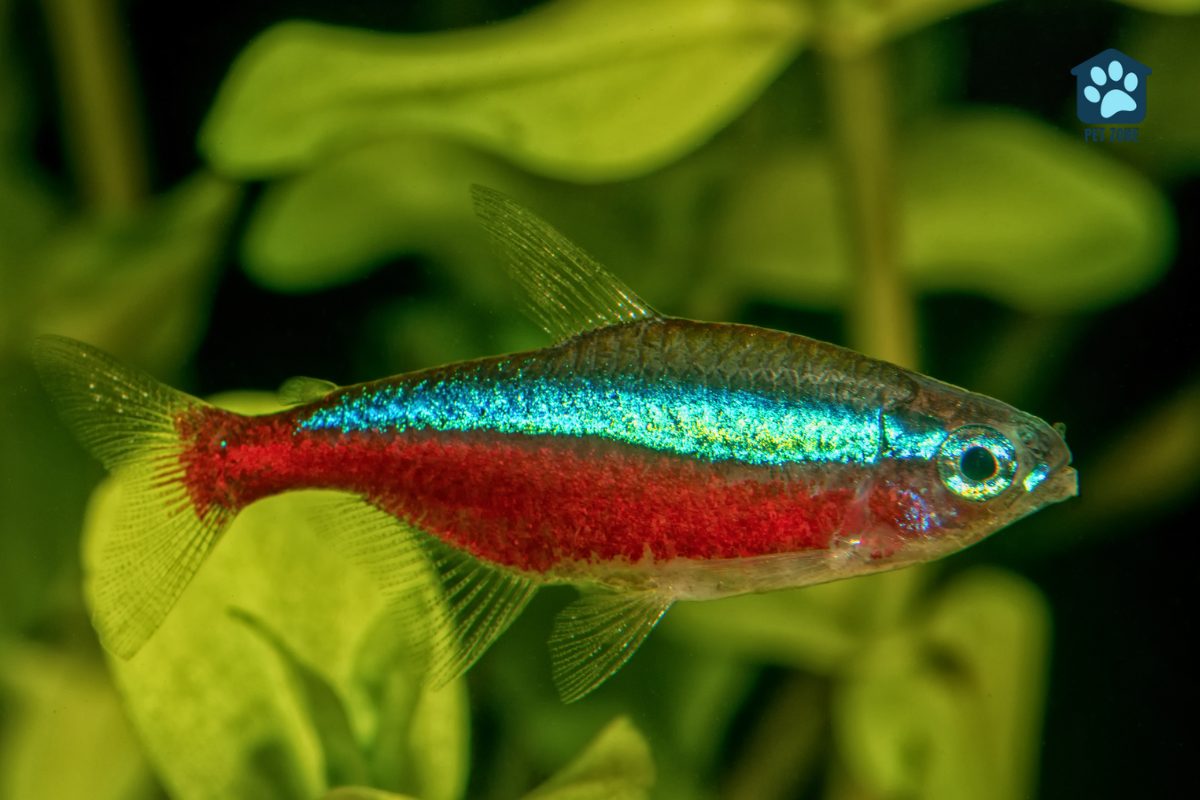
Average Lifespan of Neon Tetras
Neon tetras often live about five years in a fish tank if you take good care of them. Good water, food, and friends help them stay happy and healthy. In the wild, these little fish can make it to 10 years.
But when living with us, they tend to reach only half that age. Still, if we watch their health and home closely, some neon tetras may surprise us by swimming around for up to 8 or even 10 years.
Knowing how long your colorful swimmers might last is just the start. Let’s dive into what life looks like for them from birth to full-grown tetra fish!
The Average Lifespan of Tetra Fish in Captivity vs Wild
Understanding the average lifespan of tetra fish, especially in the starkly different environments of captivity and the wild, is crucial for pet owners looking to provide the best care for their aquatic friends. Let’s dive into the specifics with a comparison table.
| Tetra Fish Type | Average Lifespan in Captivity | Average Lifespan in the Wild |
|---|---|---|
| Neon Tetras | Up to 5 years | Approximately 8 years |
| Ember Tetras | 2 to 4 years | Up to 10 years (reported) |
| Various Tetra Species | 2 to 4 years (some up to 10 years) | Can live longer than captivity lifespan |
Factors like water quality and tank conditions are pivotal in influencing these lifespans, with the potential to greatly extend your tetra’s life when optimized. Pet owners must maintain diligent care to closely mimic the conditions of the wild, thus promoting longevity for their tetra fish.
Tetra Fish Life Cycle Stages
Spawning Stage (0-12 Weeks)
The first stage of a tetra fish’s life cycle, known as the spawning stage, spans from 0 to 12 weeks. During this time, female tetras lay eggs which are then fertilized by males. After a few hours, these eggs hatch into fry and begin their journey towards adulthood.
This crucial period sets the foundation for the development of the young tetras and plays a significant role in shaping their overall health and well-being.
It is important to ensure that during this stage, the tank environment is conducive to supporting the growth of the newly hatched fry. Adequate nutrition and water quality are vital factors in ensuring the survival and healthy development of tetra fry during this formative phase of their lives.
Fry Stage (14 Weeks+)
During the fry stage, which starts from around 14 weeks, your young tetra fish are growing rapidly and developing their vibrant colors. This is a critical time for their growth and survival.
Ensure that you provide them with a well-balanced diet of small live or frozen foods to support healthy development. The tank environment should be carefully monitored to maintain optimal water conditions as they continue to mature into adult tetras over the next several months.
As your tetras progress through the fry stage, it’s important to keep an eye on their health and behavior, providing them with a conducive environment for growth while ensuring they have access to suitable nutrition and living conditions as per their needs at this delicate stage of life.
Adult Tetra Stage (8-12 Months)
After the fry stage, tetra fish enter the adult stage, which typically lasts from 8 to 12 months. During this phase, they continue to grow and develop their full colors and patterns.
This is a crucial period for their overall health and well-being as they transition into mature members of your aquarium community. As pet owners, ensuring proper nutrition, water conditions, and adequate space becomes essential during this stage to support their growth and longevity.
At this point in the tetra fish’s life cycle, it’s important to provide them with a balanced diet rich in protein and nutrients that promote healthy development. Additionally, maintaining optimal water quality by regular cleaning and monitoring will aid in preventing diseases or stress-related issues that could affect their lifespan.
Factors That Affect Tetra Lifespan
Water Quality
Maintaining proper water quality is crucial for the health and longevity of your tetra fish. Factors such as pH levels, ammonia, nitrite, and nitrate content in the water can greatly impact their well-being.
Ensure that the tank water is regularly tested and remains within the ideal parameters to provide a healthy environment for your tetras. Clean water with good filtration will help keep diseases at bay and contribute significantly to extending their lifespan.
Furthermore, routine water changes are essential to remove accumulated waste and toxins from the tank. It’s recommended to change about 25% of the tank water every two weeks, which helps maintain optimal water quality for your tetra friends.
Diet and Nutrition
Maintaining a healthy diet is crucial for Tetra fish to thrive. Quality food plays a significant role in their overall well-being and longevity. Tetras are omnivores, so they need a balanced diet of both protein and plant matter.
Providing them with high-quality fish flakes, live food like brine shrimp or bloodworms, and occasional treats such as blanched vegetables can ensure that they receive the necessary nutrients. A varied diet will help keep them healthy and active, boosting their immune system to ward off diseases.
Ensuring your Tetra fish get proper nutrition also involves feeding them smaller amounts multiple times a day rather than one large meal. This helps maintain water quality in the tank by preventing uneaten food from accumulating at the bottom.
Tank Space and Environment
Tetra fish need ample space to roam and explore. In a crowded tank, they can get stressed, leading to health issues and a shortened lifespan. Ensure your tank is at least 24 inches long to accommodate the Tetras’ active nature.
Additionally, maintaining stable water conditions with proper filtration and regular water changes will help create a healthy environment for your Tetras. Adding live plants not only provides hiding spots but also helps maintain water quality by absorbing nitrates.
Providing a suitable tank space and environment is crucial in supporting the well-being of your Tetra fish, and it directly impacts their longevity. Now let’s delve into understanding the life cycle stages of these captivating creatures.
Disease and Health Issues
Maintaining good water quality is paramount in preventing disease and ensuring the longevity of your tetra fish. Changes in surroundings, particularly fluctuations in temperature and pH levels, can significantly impact their health.
Additionally, being highly communicable, neon tetra disease poses a serious threat to your fish. This infection can survive for months in water and spread quickly, emphasizing the need for vigilance and quick action to protect the health and lifespan of your tetras.
Factors such as diet, tank mates, and general immunity also play into the overall wellbeing of your tetras. Providing a balanced diet rich in essential nutrients and fostering a stress-free environment with compatible tank mates are crucial for promoting their health.
Social Interaction and Tank Mates
To ensure the well-being of your tetra fish, it’s essential to consider their social nature and ideal tank mates. Tetras thrive in groups, so maintaining a school of at least 15 individuals encourages active and natural behavior.
When selecting tank mates for tetras, choosing other peaceful fish species is crucial. Fish closely related to tetras, such as rosy tetras, black widow tetras, and bleeding heart tetras make excellent companions.
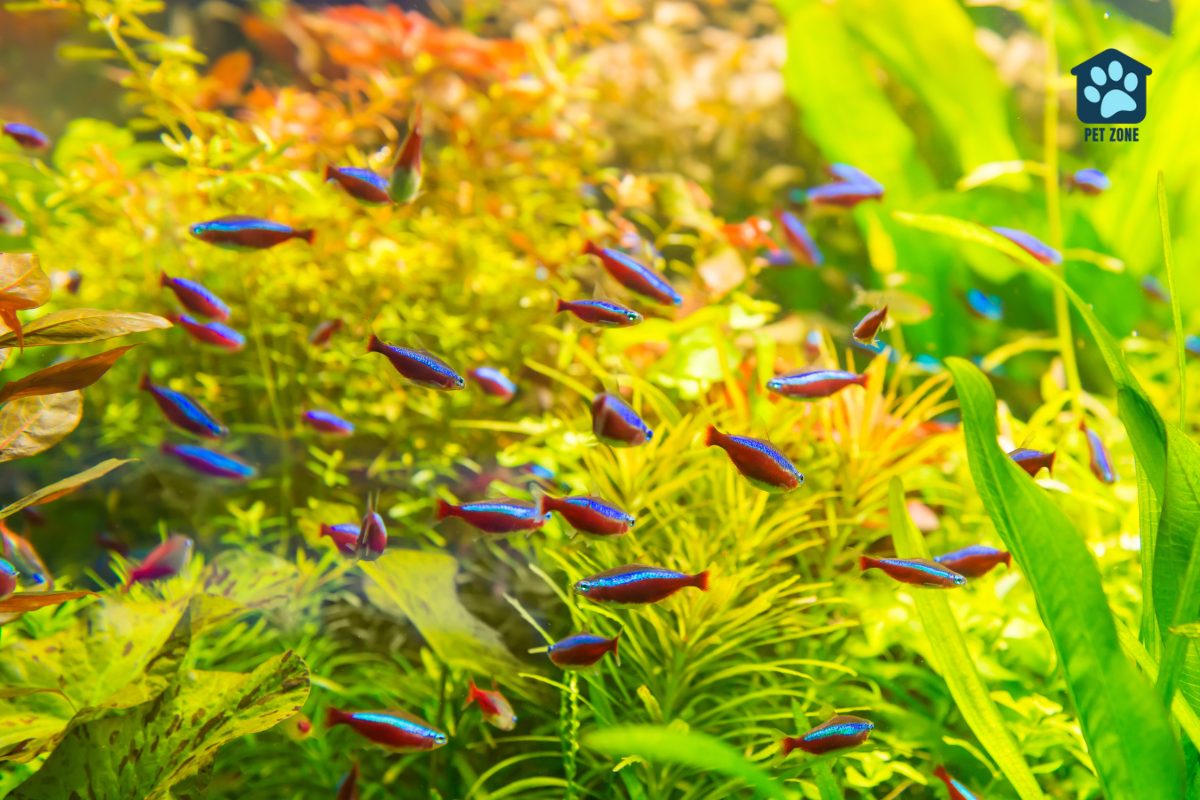
Extending Your Tetra’s Lifespan
Maintaining proper water conditions, providing quality food, and ensuring compatible tank mates are essential for extending your tetra’s lifespan. To learn more about how to care for your tetra fish and increase their longevity, keep reading!
Maintaining Proper Water Conditions
Proper water conditions are crucial for the health and longevity of your tetra fish. Keep the water temperature stable, as fluctuations can distress them. Ensure the pH level is within their preferred range, typically around 6 to 7.5.
Regularly check and maintain proper ammonia and nitrite levels in the tank water to prevent stress on your tetras.
These measures will help create an optimal environment for your tetra fish, ensuring they thrive and live a long, healthy life. Now let’s delve into providing quality food for your tetra fish to further bolster their well-being.
Providing Quality Food
After maintaining proper water conditions, another essential aspect of extending your tetra fish’s lifespan is providing quality food. A balanced diet is crucial for their health and longevity.
Tetra fish are omnivores, meaning they eat both plant and animal matter. High-quality flake or pellet food formulated specifically for tropical freshwater fish like tetras should be the main part of their diet.
Supplement their diet with live or frozen foods such as bloodworms, brine shrimp, or daphnia to provide additional nutrients and variety. Feeding them small amounts several times a day mimics their natural eating habits in the wild and ensures they receive proper nutrition.
Frequent feeding also encourages social interaction among the tetras and prevents aggression due to competition for food. Avoid overfeeding as it can lead to water quality issues which affect their health negatively.
Ensuring Compatible Tank Mates
Choosing compatible tank mates is crucial for the well-being of your tetra fish. Tetras are peaceful and social, so they thrive best when with non-aggressive fish that prefer similar water conditions.
Keep in mind the size and activity level of potential tank mates. Also consider the space each type of fish needs in your aquarium to avoid overcrowding, which can lead to stress and health issues for your tetras.
Introducing a variety of species can add visual interest to your aquarium, but it’s vital to research each species’ behavior and compatibility with tetras before adding them to the tank.
Gradual Environmental Adjustments
To ensure your tetra fish thrive, gradual environmental adjustments are crucial. Sudden changes in water parameters or tank conditions can stress your fish and lead to health issues.
When adjusting the tank environment, make small changes over time rather than sudden shifts. This approach helps the fish adapt comfortably without causing undue stress. Maintaining stable water quality and temperature is important for the overall well-being of your tetras.
Additionally, when introducing new tank mates or making alterations to the tank setup, do so gradually. This minimizes potential conflicts among the fish and allows them to adjust to any changes in their shared environment more smoothly.
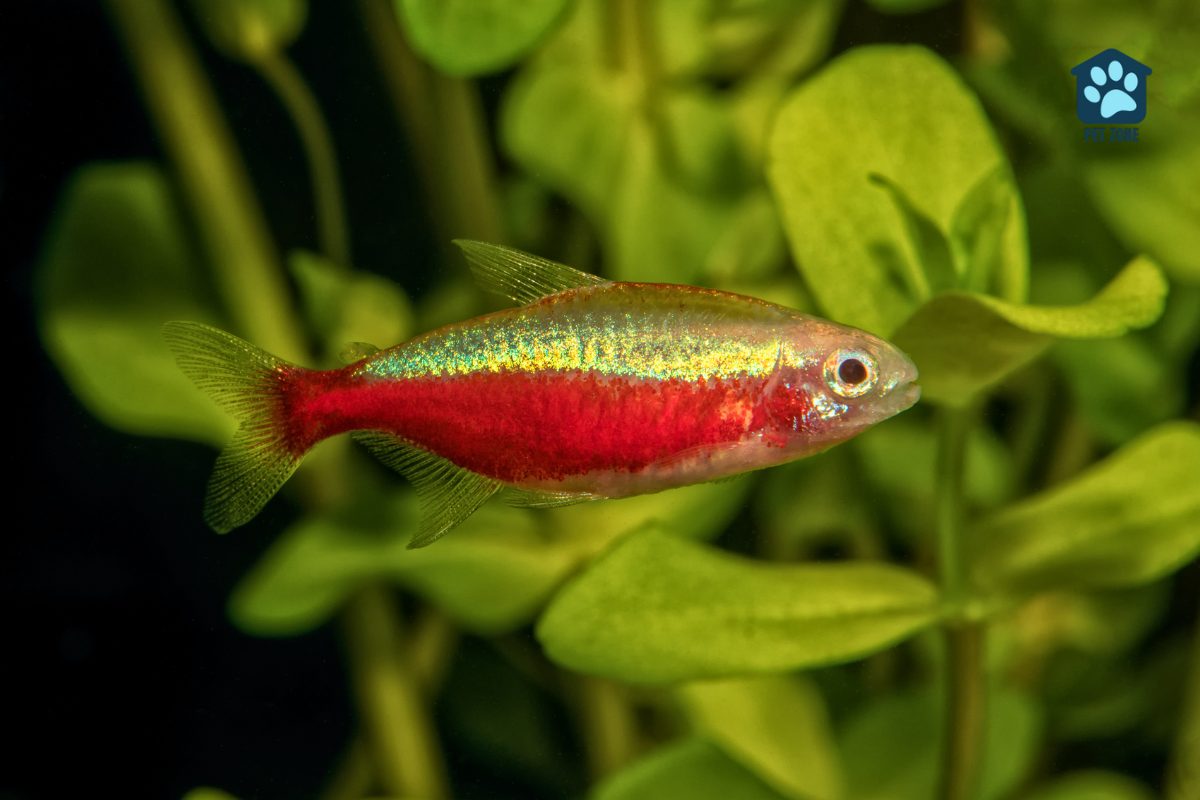
Conclusion
Tetra fish have an average lifespan of 5-8 years. By maintaining proper water conditions and providing quality food, their lifespan can be extended to up to 10 years.
The strategies outlined in this article are practical and easy to implement, ensuring efficient care for your Tetra fish. Applying these approaches could lead to significant improvements in the lifespan and quality of life for your fish.
If you want further guidance on caring for Tetra fish, consider seeking advice from experienced fish keepers or consulting reputable resources on aquarium management. Take action today to ensure a long and healthy life for your Tetra fish!
As an Amazon Associate I earn from qualifying purchases.
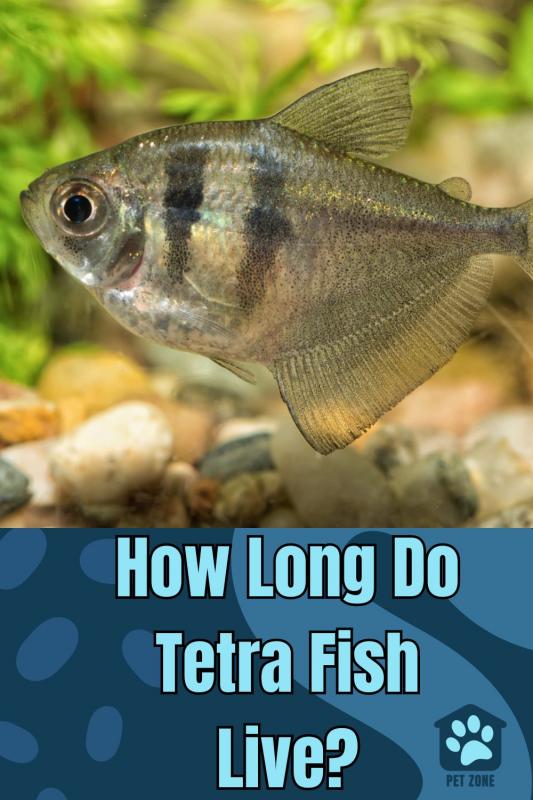


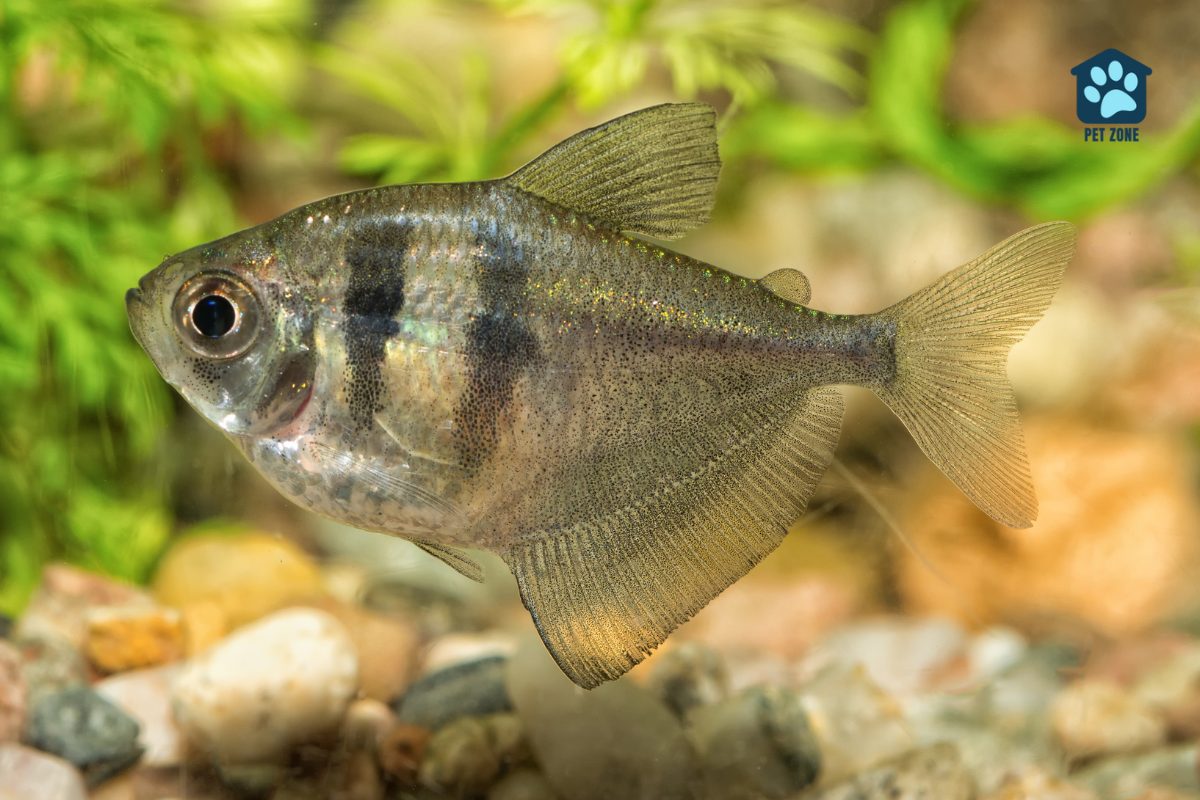
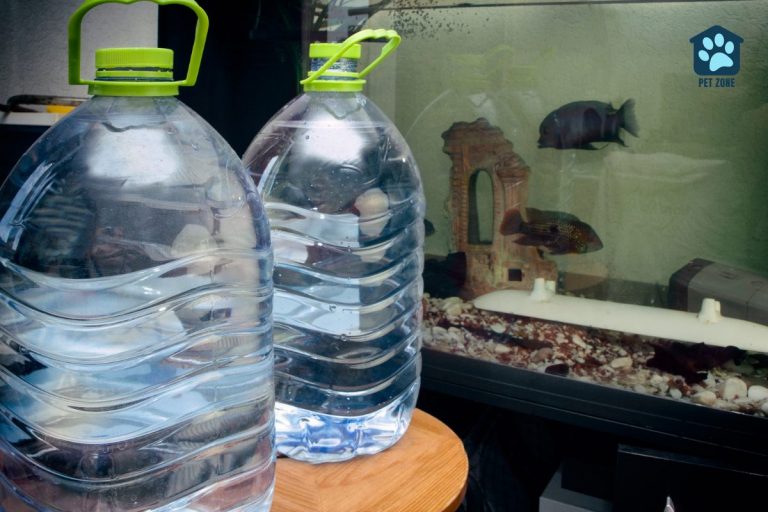
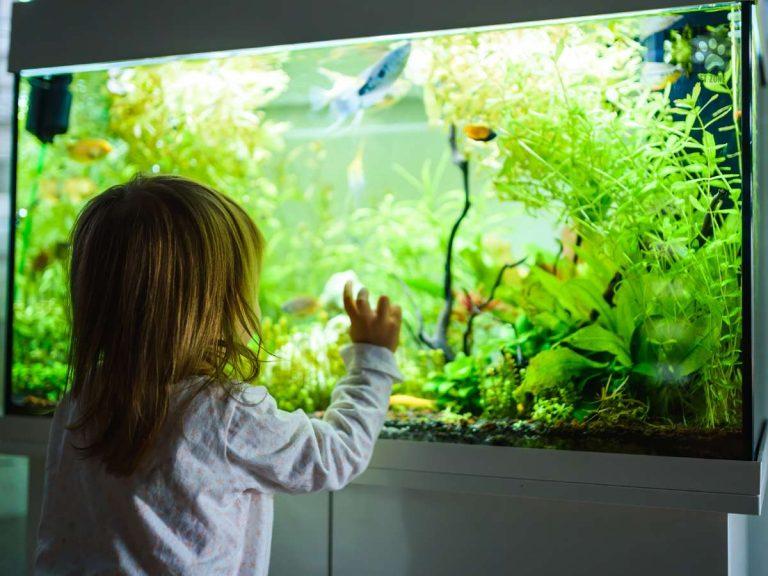
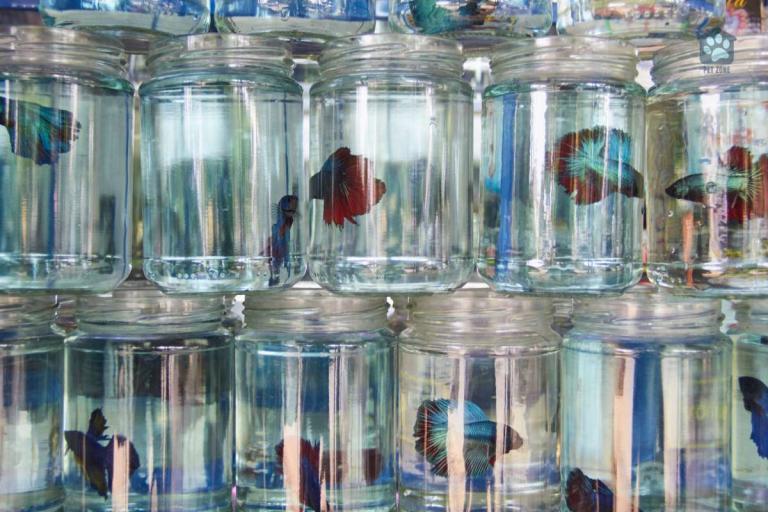
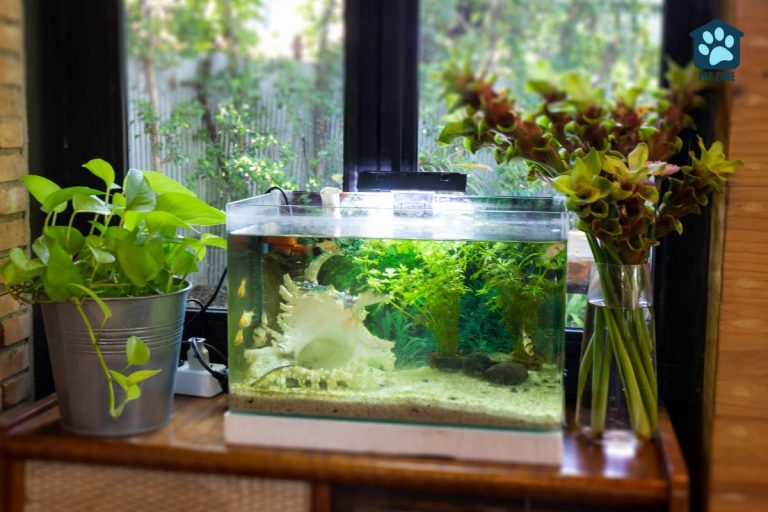

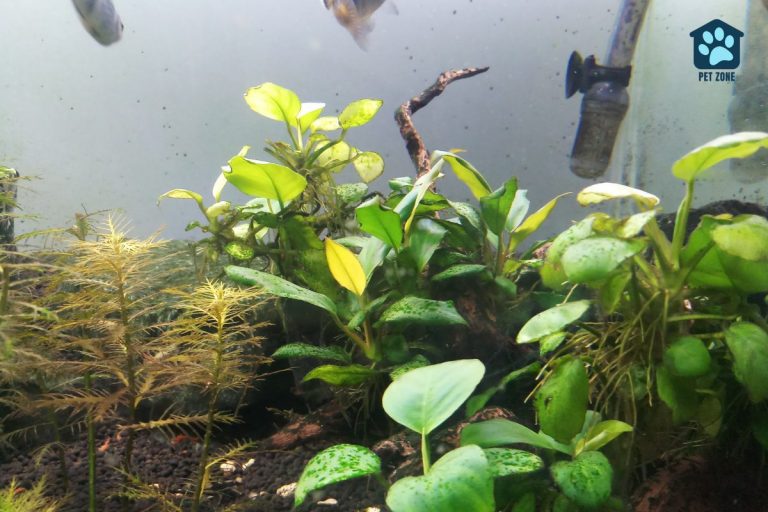
Great information, my son wants to keep fish as a pet and I think it’s great to get him Tetra Fish as it can live up to 6 years. Thanks for helping out with your post.
Super interesting and helpful post! It’s fascinating to hear the difference in lifespan in the wild vs raised as a pet and how we can make their environments best mimic the wild. Thank you for sharing!
Such fascinating little species! I cannot believe their long lifespan!